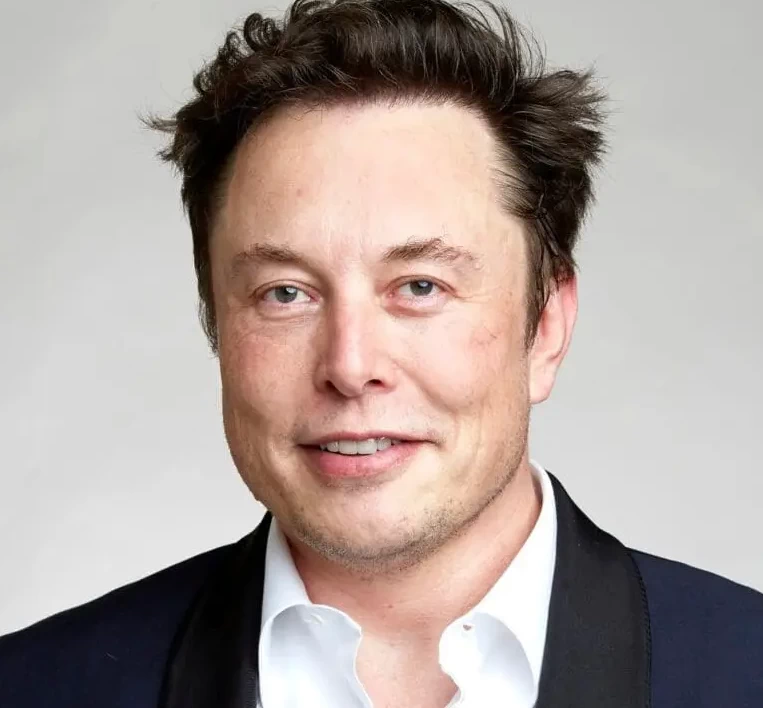Tesla’s Strategic Investment in Chip Production
Tesla has recently signed a mighty $16.5 billion agreement with Samsung Electronics, aiming to secure a robust supply of chips essential for autonomous driving and artificial intelligence applications. This extensive multi-year partnership marks a significant moment in Tesla’s approach to technology and logistics, as it seeks to control crucial aspects of its supply chain.
Details of the Supply Agreement
The agreement focuses on Samsung’s advanced 4-nanometer manufacturing process, tapping into facilities located in both Taylor, Texas and Hwaseong, South Korea. The chips produced will drive Tesla’s ambitious Full Self-Driving (FSD) systems and bolster its larger AI framework.
Production is slated to kick off by late 2025 or early 2026, aligning with the operational readiness of Samsung’s Texas foundry—a critical asset in the realm of domestic semiconductor manufacturing. This factory is aimed at becoming a vital source for meeting Tesla’s evolving computational demands.
Strategic Objectives of the Partnership
This deal is not just about numbers; it solidifies a dedicated stream of high-performance chips tailored specifically for Tesla’s vehicles and AI clusters. By investing in in-house technologies, Tesla highlights its strategy to internalize essential components while maintaining control over supply chain dynamics. Given the rising computational requirements of autonomous vehicles, acquiring a dependable chip platform is vital for Tesla’s future initiatives.
The chips play dual roles in the ecosystem: they function as the central processors for Tesla’s in-vehicle FSD operations, while also powering backend AI systems, including the Dojo supercomputer. Each use case is marked by the need for high throughput, low latency, and automotive-grade reliability.
Supply Chain Dynamics and Manufacturing Insights
Samsung’s manufacturing of these chips through its 4nm process is specifically designed for power-efficient, high-density applications. While it may lag behind competitors like TSMC in foundry market share, Samsung is keen on expanding its manufacturing prowess and diversifying its clientele beyond traditional mobile devices.
The Taylor facility represents Samsung’s largest investment in the U.S. to date—essential for both companies. Tesla’s choice aligns with a growing trend of reshoring advanced tech production, reducing vulnerability to global supply chain disruptions, and geopolitical risks.
Commercial Terms of the Deal
This expansive agreement is valued at $16.5 billion and is structured to span multiple years. Although Tesla and Samsung haven’t revealed specific duration or annual volume commitments, the non-exclusive nature of the agreement indicates that Tesla may continue to engage other suppliers, including TSMC, to cater to its diverse needs.
The magnitude of this contract hints that Samsung will likely emerge as a principal partner for Tesla’s future compute hardware. This deal also stands to benefit Samsung’s foundry business, which is actively pursuing larger clients beyond the mobile and consumer markets.
Industry Implications of the Tesla-Samsung Deal
This partnership signals a significant trend: automotive manufacturers aren’t relying solely on purchasing components but are actively involved in designing and securing custom silicon that aligns with their future products. The distinction between automotive companies and tech enterprises continues to narrow, especially as many endeavors in AI and autonomous driving intensify.
For Samsung, this collaboration is a leap toward capturing a more significant share of the high-performance computing market, particularly within the automotive and AI sectors. It further solidifies its American customer base and validates continued investments in U.S.-based manufacturing infrastructure.
Final Thoughts on the Agreement
Tesla’s $16.5 billion investment in securing a stable supply of custom chips for AI and FSD capabilities symbolizes a crucial strategic move. Samsung’s capability to produce these chips utilizing its 4nm process in both South Korea and the United States reinforces Tesla’s supply chain while promoting Samsung’s presence in the foundry market. As the significance of semiconductors in transportation escalates, this arrangement is indicative of how logistics play a compelling role in tech-driven industries.
Even the most insightful reviews and feedback can’t match the richness of personal experiences. On GetTransport.com, users can order cargo transportation solutions at competitive prices worldwide, empowering them to make well-informed decisions while avoiding unnecessary expenses. The convenience, affordability, and extensive choice available on the platform allows for seamless logistics fulfillment—whether it’s moving an office or large items. Consider planning your next delivery and secure your cargo with GetTransport.com. Book your Ride.

